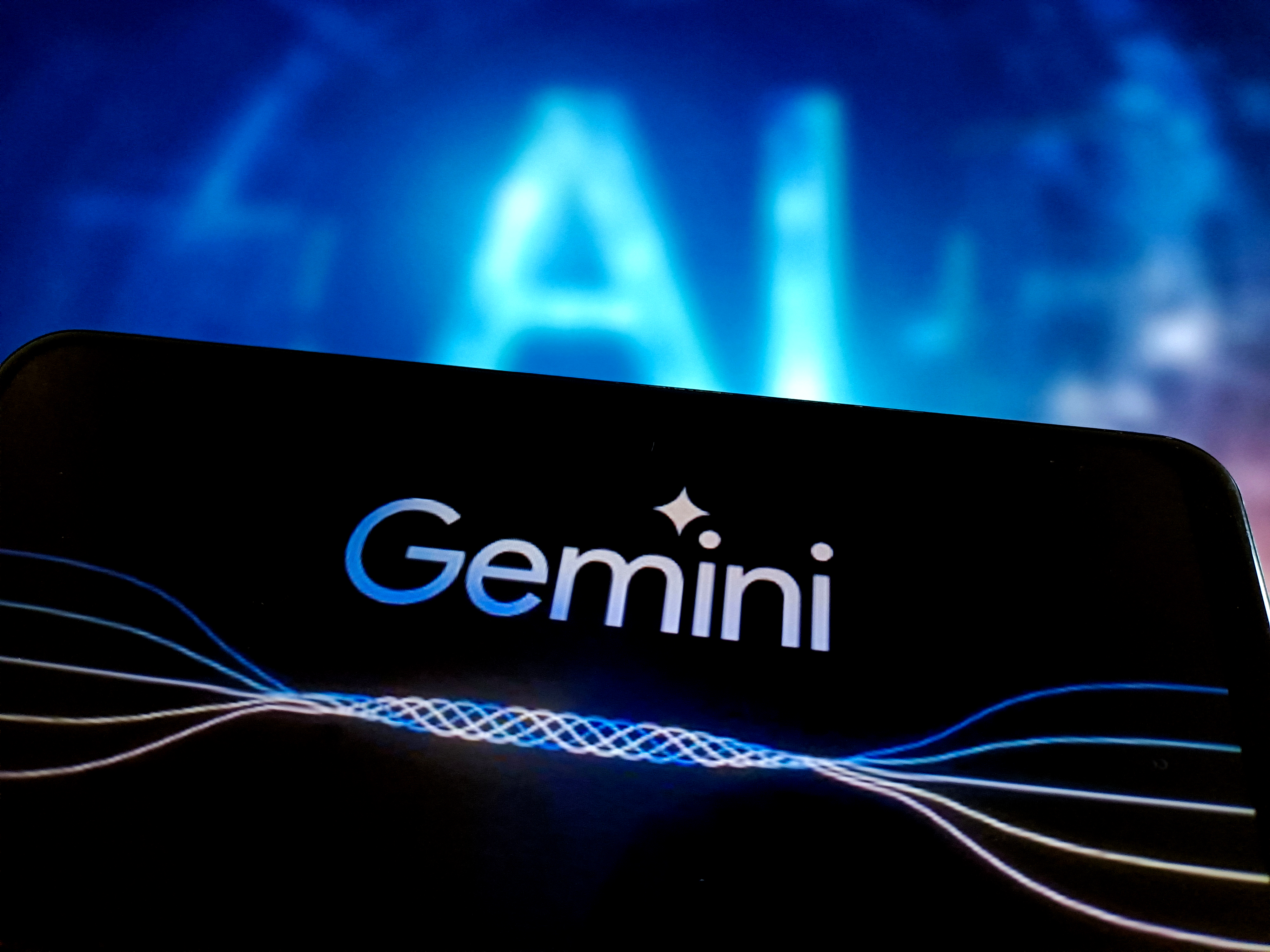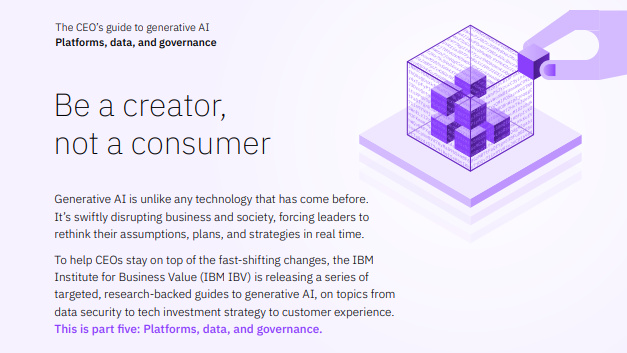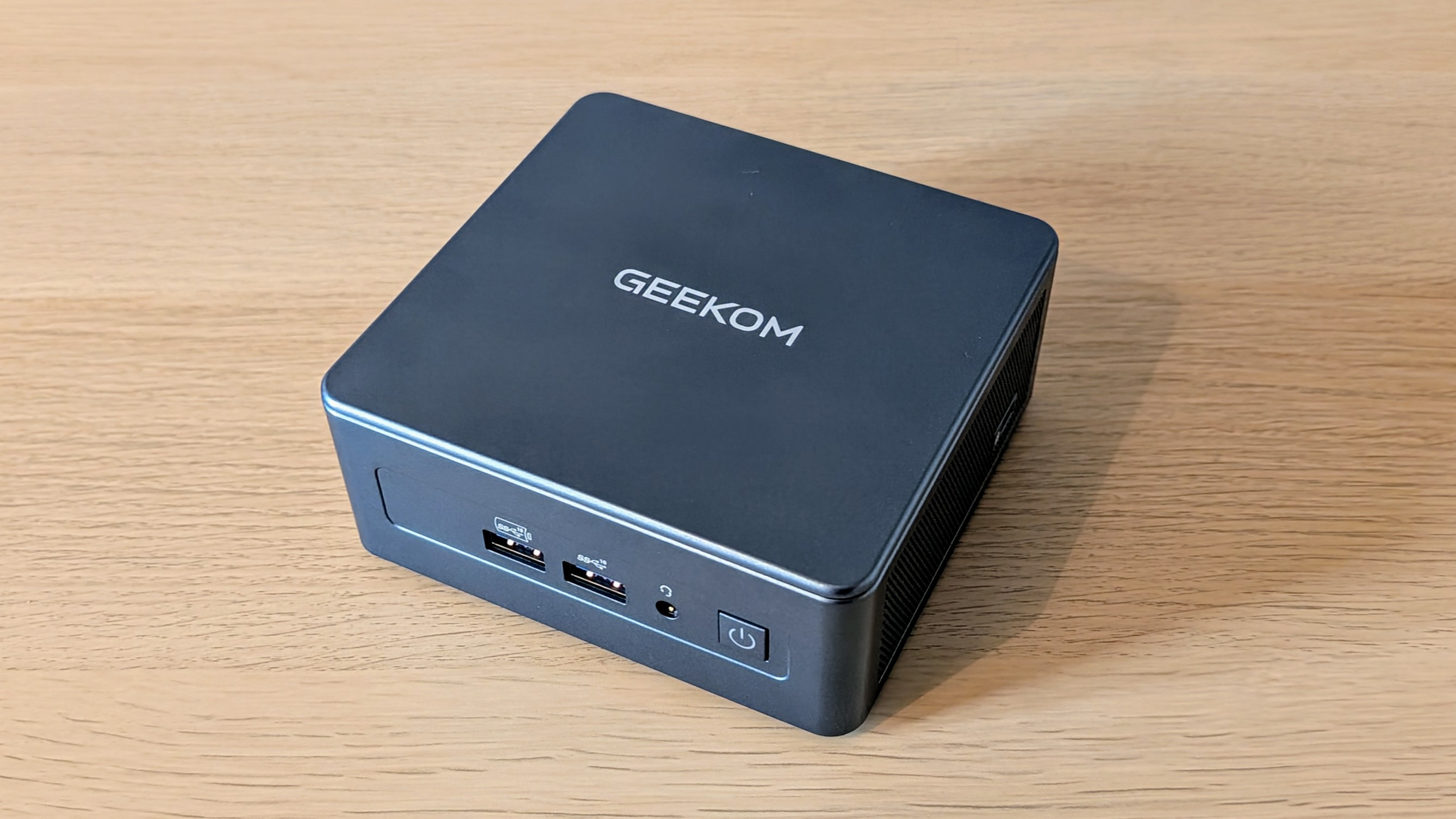Gemini Code Assist Enterprise – Google wants to simplify code for all
The firm focuses on developer shortages with tailored code generation in Gemini


Google has unveiled ‘Gemini Code Assist Enterprise,’ an extension of its existing Gemini Code Assist platform aimed at tackling developer skills shortages.
Citing a “dearth” of skilled developers, Google said that its new platform will move past AI coding assistance in the integrated developer environment (IDE) to wider application development assistance bolstered by a deep local codebase awareness.
This is made possible by Gemini’s large token context window, allowing developers to create more relevant code with assistance that considers the specifics of codebases and current development sessions.
Code Assist Enterprise understands a user's local codebase and, through ‘code customization,’ can suggest code based on organizational best practices and internal libraries.
“Developers can stay in flow state longer, bringing more insights directly to their IDEs, while also completing complex tasks like upgrading a Java version in an entire repo,” Google said.
The platform can index repository from both GitHub and GitLab, with support for additional source control systems and self-hosted, on-premises repos coming in early 2025.
Google said that Code Assist Enterprise does not feed proprietary organizational data into the Gemini model and that source code stored for use in code customization is kept in a Google Cloud managed project.
Get the ITPro daily newsletter
Sign up today and you will receive a free copy of our Future Focus 2025 report - the leading guidance on AI, cybersecurity and other IT challenges as per 700+ senior executives
This cloud environment is isolated within each customer’s organization. Customers also have complete control over what source repos are used in customization processes, with the option to purge data at any time.
The tool is now generally available, with prices starting at $45 per month per user, though it is available for a discounted $19 per month per user on a 1-year subscription until March 31, 2025.
The code assistant gold rush
Google first released Gemini Code Assist at Google Cloud Next 2024 in Las Vegas with a huge million token context window that put it way out ahead of other code assistants such as GitHub Copilot.
RELATED WHITEPAPER

The other tools are still developing, though - in late April 2024, GitHub rolled out GitHub Copilot Workspace which is designed to be a complete development ecosystem for developers.
There’s also Meta’s Code Llama tool which saw a big uptick in size at the start of this year that scaled it up to 70 billion parameters, and AI startup Mistral’s code assistant competitor, Codestral.
Question marks loom over all these platforms, however, with research suggesting that AI reduces code quality and maintainability despite speeding up code completion times.

George Fitzmaurice is a former Staff Writer at ITPro and ChannelPro, with a particular interest in AI regulation, data legislation, and market development. After graduating from the University of Oxford with a degree in English Language and Literature, he undertook an internship at the New Statesman before starting at ITPro. Outside of the office, George is both an aspiring musician and an avid reader.
-
 Geekom Mini IT13 Review
Geekom Mini IT13 ReviewReviews It may only be a mild update for the Mini IT13, but a more potent CPU has made a good mini PC just that little bit better
By Alun Taylor
-
 Why AI researchers are turning to nature for inspiration
Why AI researchers are turning to nature for inspirationIn-depth From ant colonies to neural networks, researchers are looking to nature to build more efficient, adaptable, and resilient systems
By David Howell